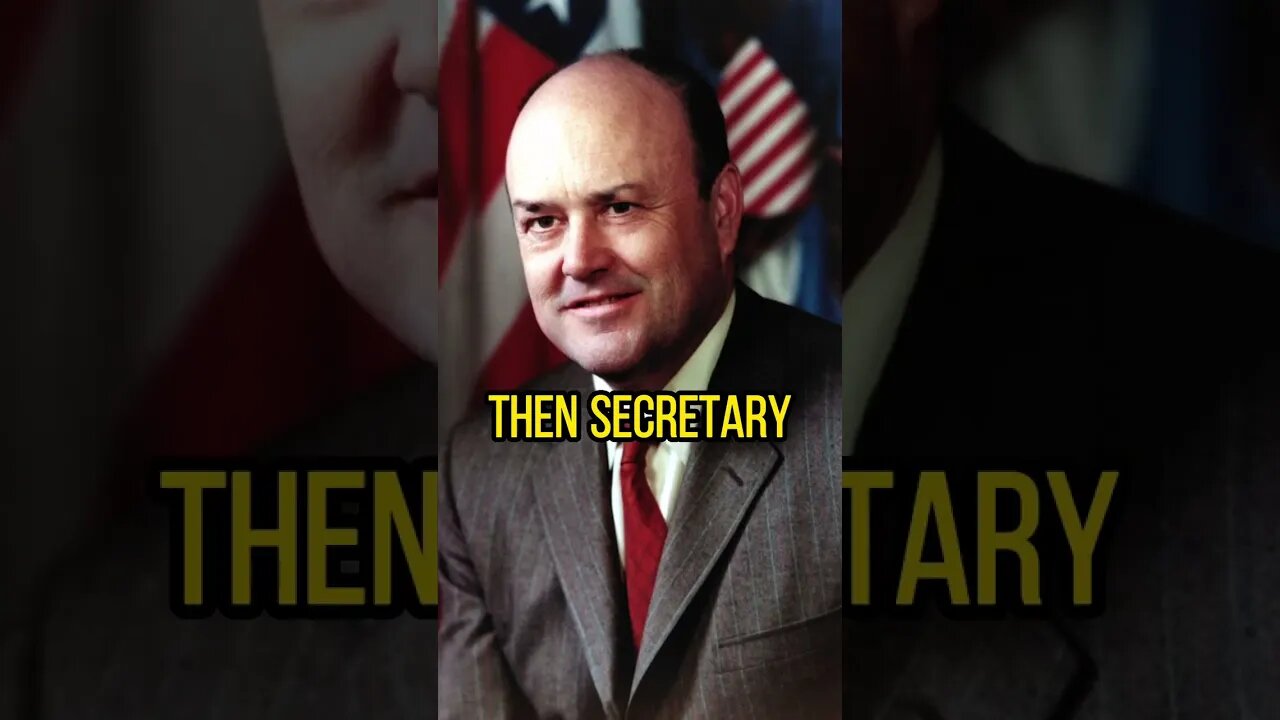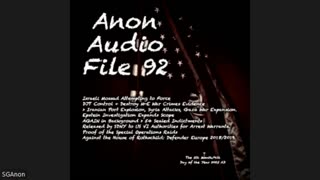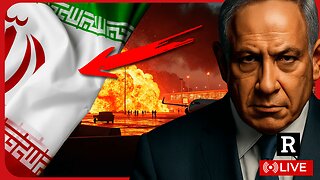Premium Only Content

Covert WEATHER CONTROL in the Vietnam WAR
Operation Popeye was a highly classified weather modification program conducted by the United States military during the Vietnam War. The program's goal was to extend the monsoon season in Vietnam, Laos, and Cambodia, which would make the Ho Chi Minh Trail, a major supply route for the North Vietnamese Army, more difficult to use.
Starting in 1966, the program involved flying aircraft over targeted areas and seeding the clouds with silver iodide, which would trigger rainfall. The program was highly successful, and it extended the monsoon season by as much as 30 to 45 days. The increased rainfall led to landslides, mudslides, and flooding, which impeded the North Vietnamese Army's ability to transport troops, weapons, and supplies along the Ho Chi Minh Trail.
However, the program was also highly controversial. Critics argued that weather modification was an unethical form of warfare and that the program caused significant environmental damage. The program was eventually exposed by investigative journalists and became the subject of congressional hearings. In 1978, the United Nations passed a resolution that condemned the use of weather modification for military purposes.
-
 1:17:50
1:17:50
Kim Iversen
2 hours agoIsrael First: Congress Almost Criminalized Free Speech Today | Why the West Wants This African Leader DEAD
48.5K43 -
 LIVE
LIVE
LFA TV
1 day agoLast Hour Urgency | TRUMPET DAILY 5.5.25 7PM
180 watching -
 LIVE
LIVE
2 MIKES LIVE
9 hours ago2 MIKES LIVE #212 Deep Dive Monday!
125 watching -
 1:28:26
1:28:26
vivafrei
6 hours agoTrump to PAY Illegals to LEAVE? Bill to Ban Boycott PULLED? "Terror" Attack Foiled in UK & MORE!
86.4K29 -
 1:10:12
1:10:12
Tucker Carlson
2 hours agoBen of Ben & Jerry’s Exposes the Motives Behind War With Russia & the Politicians That Sold Out
55.1K75 -
 11:11:58
11:11:58
LFA TV
21 hours agoLFA TV LIVE STREAM - MONDAY 5/5/25
84.2K36 -
 14:56
14:56
PewView
3 hours ago $0.95 earnedMy next EDC? UL comp VS UL Pro!
19.9K1 -
 29:11
29:11
SantaSurfing
2 hours ago5/5/2025 - Storm is upon them! 2 names revealed in Diddy! Alcatraz! Fake News may lose license!
6.18K8 -
 49:08
49:08
QNewsPatriot
2 hours agoSDNY-USVI: 54 "Epstein-Ring" Arrest Warrants on Deck | Counterintel_Op "SignalGate" | Proof: 2018 Defender Europe & Military Raids Against House of Rothschild
7.64K16 -
 1:25:50
1:25:50
Redacted News
3 hours agoBREAKING! Netanyahu Readies War with Iran after Houthi Airport Attack, Will U.S. Join In? | Redacted
81K99